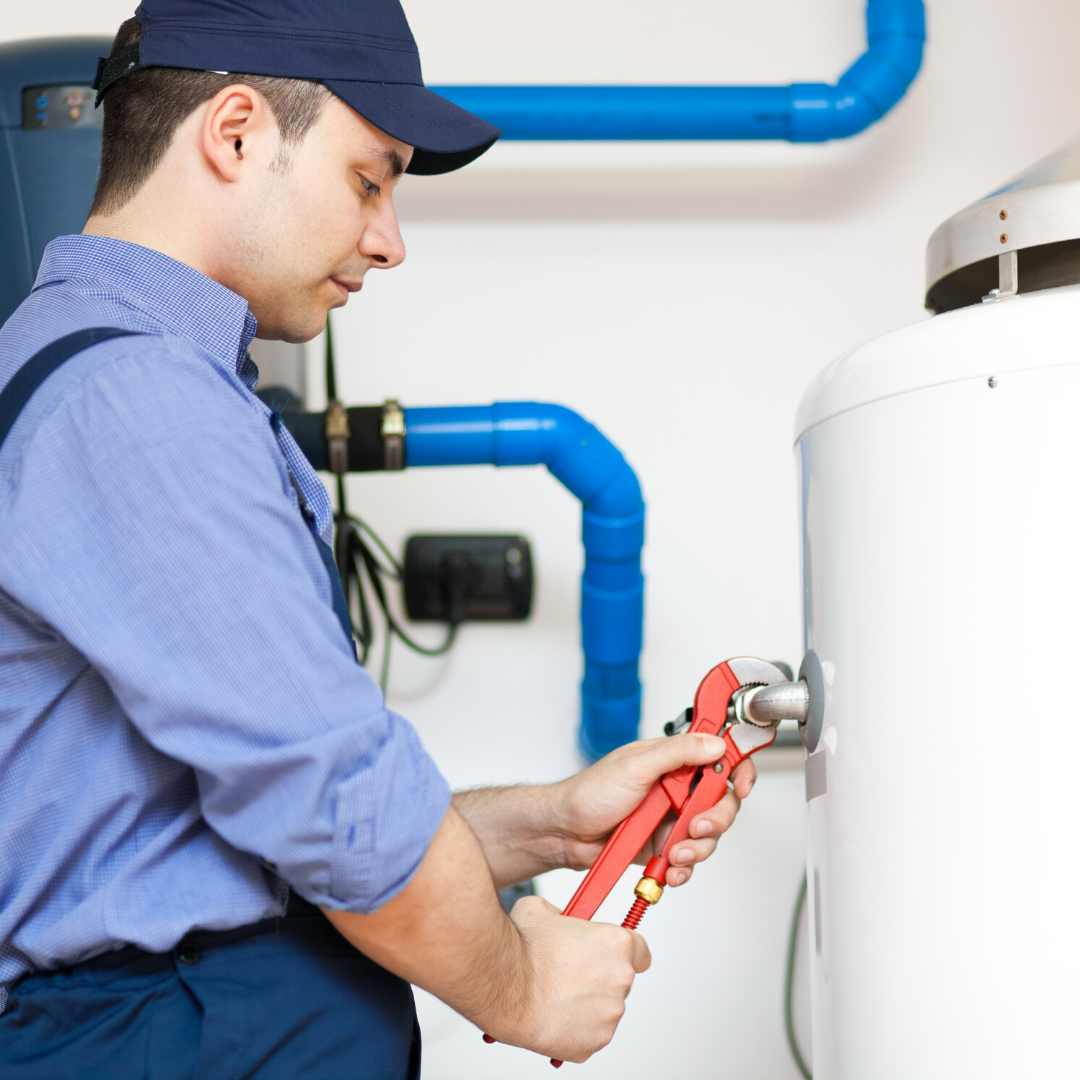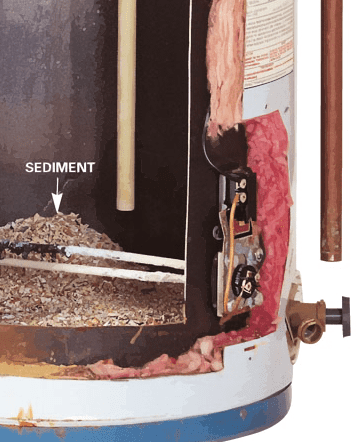Managing the Primary Water Heater Urgencies
Managing the Primary Water Heater Urgencies
Blog Article
We've discovered this great article about The Importance of Water Heater Maintenance below on the internet and accepted it made perfect sense to talk about it with you over here.

A water heater is among the most crucial fundamental devices that can be discovered in a house. With water heaters, you do not need to go through the stress and anxiety of heating water manually every time there is a demand to take a bath, do the laundry, or the recipes. However, there is always an opportunity that your hot water heater would certainly break down just like the majority of mechanical devices.
It is essential to note any kind of little malfunction and tackle it quickly before things leave hand. Most times, your water heater begins to malfunction when there is a build-up of debris as a result of constant usage. As a preventative measure, periodic flushing of your hot water heater is suggested to prevent sediment accumulation and also protect against functional failing.
Typical hot water heater emergencies and also exactly how to take care of them
Leaky water heater storage tank.
In this circumstance, you ought to transform off your water heater, permit it to cool down, and very carefully look for the resource of the problem. At times, all you need to do is to tighten up a couple of screws or pipe connections in instances of small leaks. If this doesn't work as well as the leakage lingers, you might need to utilize the services of a service technician for an ideal replacement.
Fluctuating water temperature.
Your water heater might start creating water of different temperatures typically ice chilly or scalding hot. There might be a need to change either the home heating or the thermostat device of your water heating unit.
Insufficient warm water
It may be that the water heating system can not support the warm water need for your house. You could update your water heating unit to one with a larger ability.
Tarnished or stinky water
When this takes place, you need to recognize if the issue is from the water or the tank resource. If there is no funny odor when you run cold water, after that you are specific that it is your water heater that is malfunctioning. The stinky water can be created by rust or the buildup of germs or sediments in the water heating unit tank.
Final thought
Some homeowners ignore little caution and also minor faults in their hot water heater device. This only causes more damage as well as a possible full break down of your appliance. You ought to deal with your water heater faults as quickly as they come near prevent even more costs as well as unneeded emergency troubles.
With water heating systems, you do not require to go through the stress and anxiety of heating water manually every time there is a demand to take a bath, do the laundry, or the meals. Your water heating system could start generating water of various temperatures typically ice scalding or cold hot. It might be that the water heating unit can't sustain the hot water need for your apartment. If there is no amusing scent when you run chilly water, then you are particular that it is your water heater that is malfunctioning. The odiferous water can be triggered by rust or the buildup of germs or debris in the water heating system container.
Water Heater Burst: Why This Happens And What To Do Next
Water Heater Explosion Warning Signs
Since storage water heaters are made of metal and store large volumes of heated water, they carry an increased risk of leaking or even exploding as they begin to rust at the fittings and seams over time. If the thermostat controlling the water temperature within the tank is faulty, or if mineral buildup inside the water heater prevents the thermostat from sensing the water’s temperature correctly, the water could become overheated. This will expand its volume within the tank, causing it to press at the tank’s fittings and seams. If these fittings and seams are rusted or corroded, the pressure could result in a leak or even an explosion.
Here are some risk factors and warning signs of an increased risk of water heater leak or explosion:
Your water heater is more than 10 years old. Your water heater makes clanking, banging or rumbling noises as it heats up, indicating that sediment has built up and hardened inside the tank. There is visible rust on the outside of the water heater, especially located at the pipe fittings or the seams that run down the tank. There is rusty water coming from your water heater, indicating that there may be rust building up inside. Your water heater is leaking, which could indicate either a crack somewhere in the tank or a malfunctioning temperature-and-pressure (T&P) relief valve. What To Do When Water Heater Leaks
If you find water dripping or seeping out of your water heater, or pooling around it, it means your water heater is leaking. If you find a leak, it may be best to call a plumbing professional to diagnose the problem and determine how best to handle it. If you choose to tackle it on your own, there are a few things you can do.
TURN OFF THE POWER
Next, shut off the power to the hot water tank at your home’s electrical breaker box. If you don’t shut off the power, the heating elements within the tank could continue to stay hot, which could pose a fire risk.
If you have a gas-powered water heater, you’ll also need to shut off the gas line leading into the tank.
FIND THE LEAK
Now it’s time to determine where the leak is coming from. Likely locations are the T&P valve, the drain valve or one of the pipes or fittings that feed into the top of the tank. If you see any rust or corrosion on the outside of your water heater’s tank, pipes or fittings, these could also be the source of the leak.
REPAIR THE LEAK
Once you determine the source of your water heater leak, you’ll have a better idea of what steps you need to take to fix the problem. It may be a simple fix—such as using a wrench to tighten fittings or replacing the T&P valve—but it may be something more complicated. You may even need to drain the tank, remove the water heater and install a new one.
https://www.abchomeandcommercial.com/blog/water-heater-burst/

Do you enjoy reading about Common Hot Water Heater Problems? Try leaving a review down the page. We'd be delighted to hear your insights about this blog entry. We hope that you come back again in the near future. In case you enjoyed reading our blog entry if you please do not forget to pass it around. Many thanks for your time spent reading it.
Damage control? Call us. Report this page